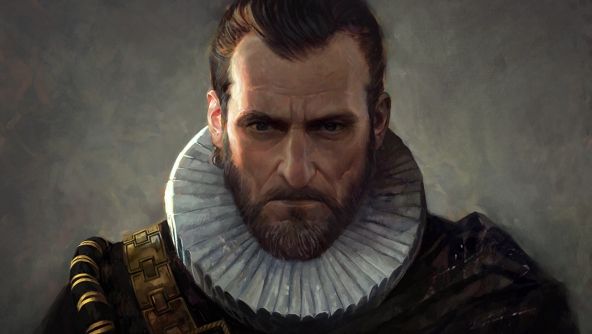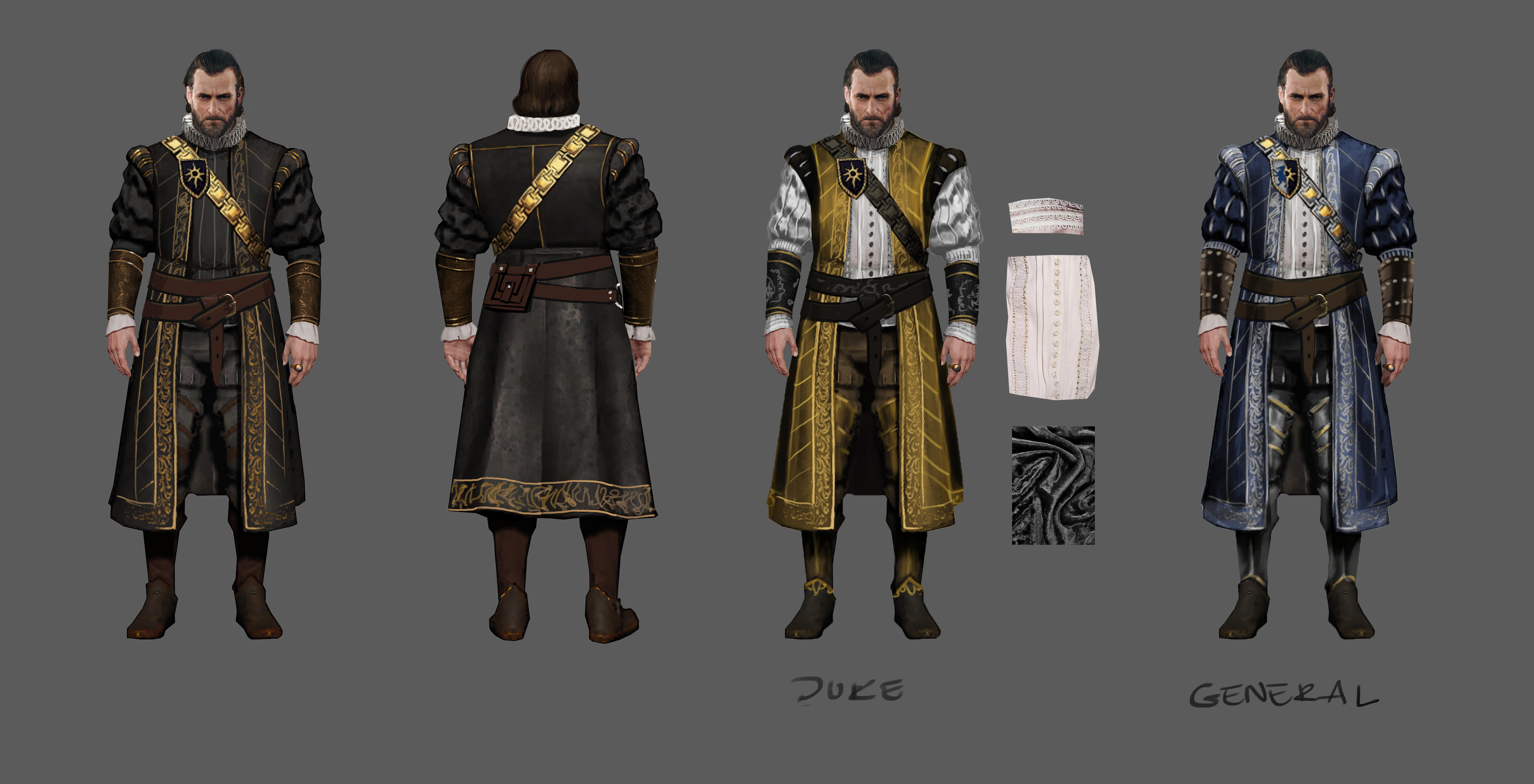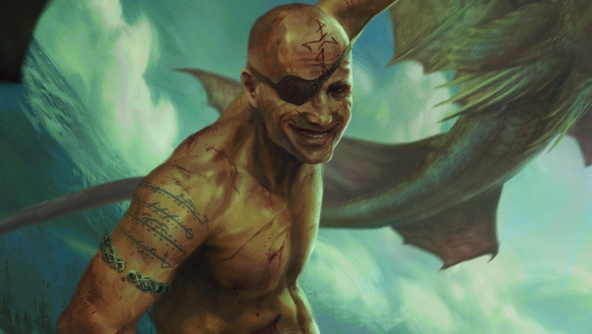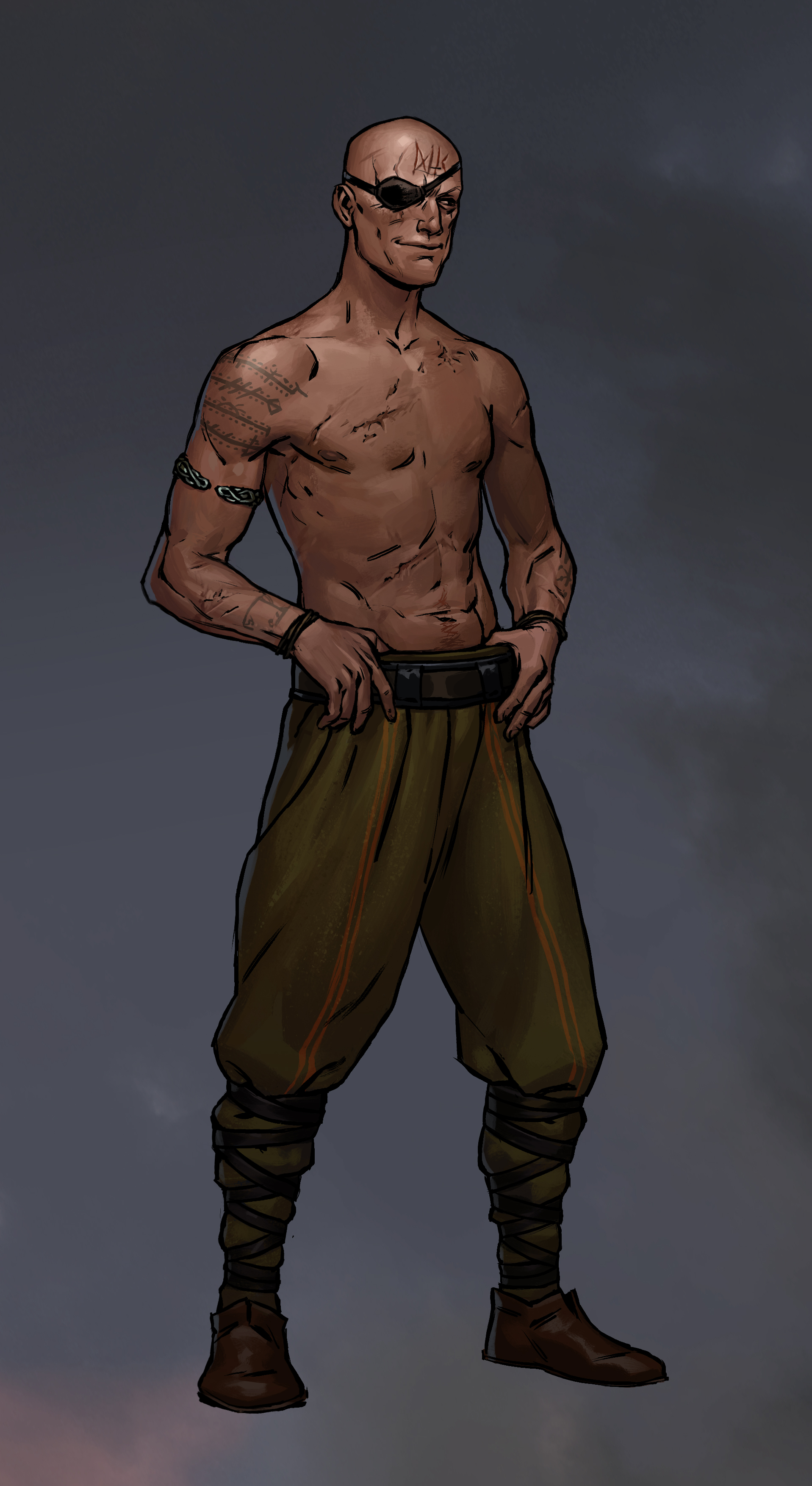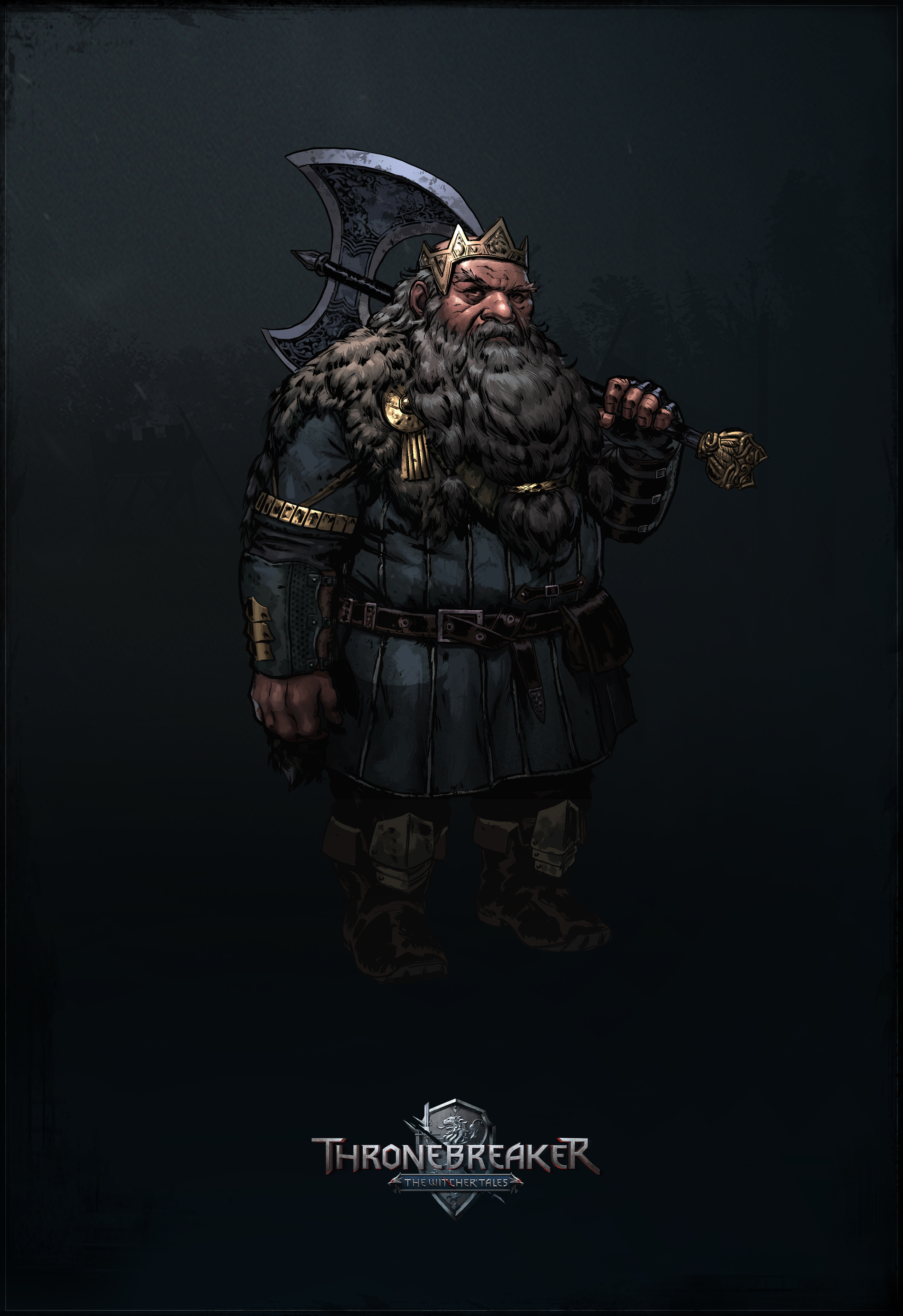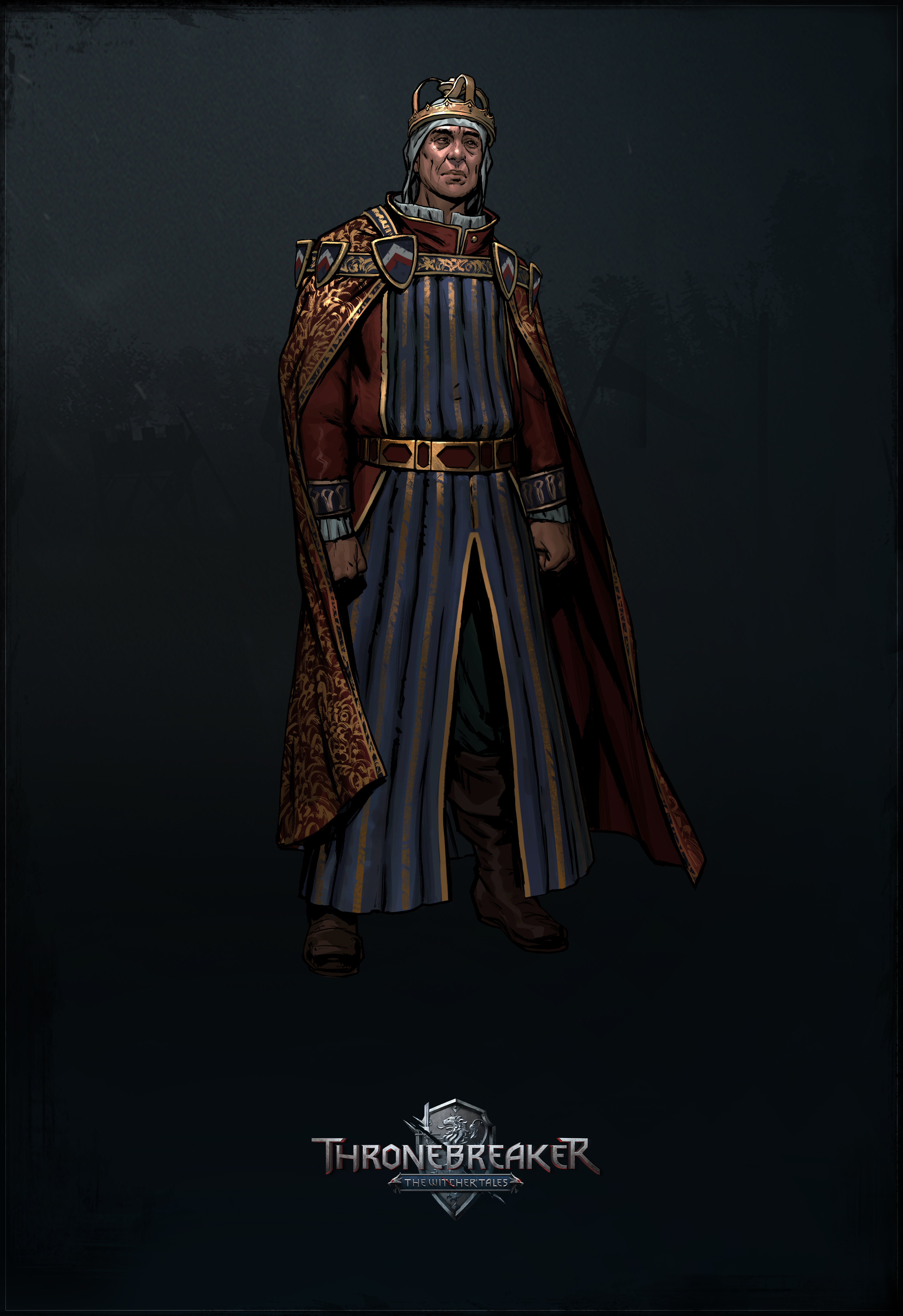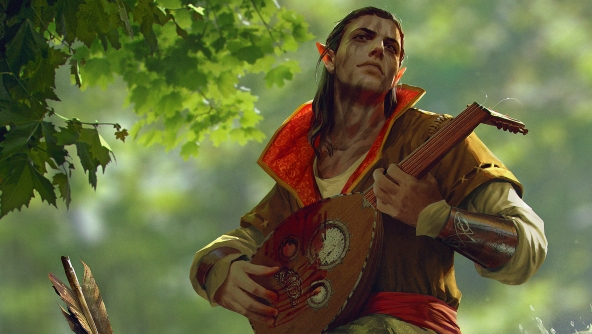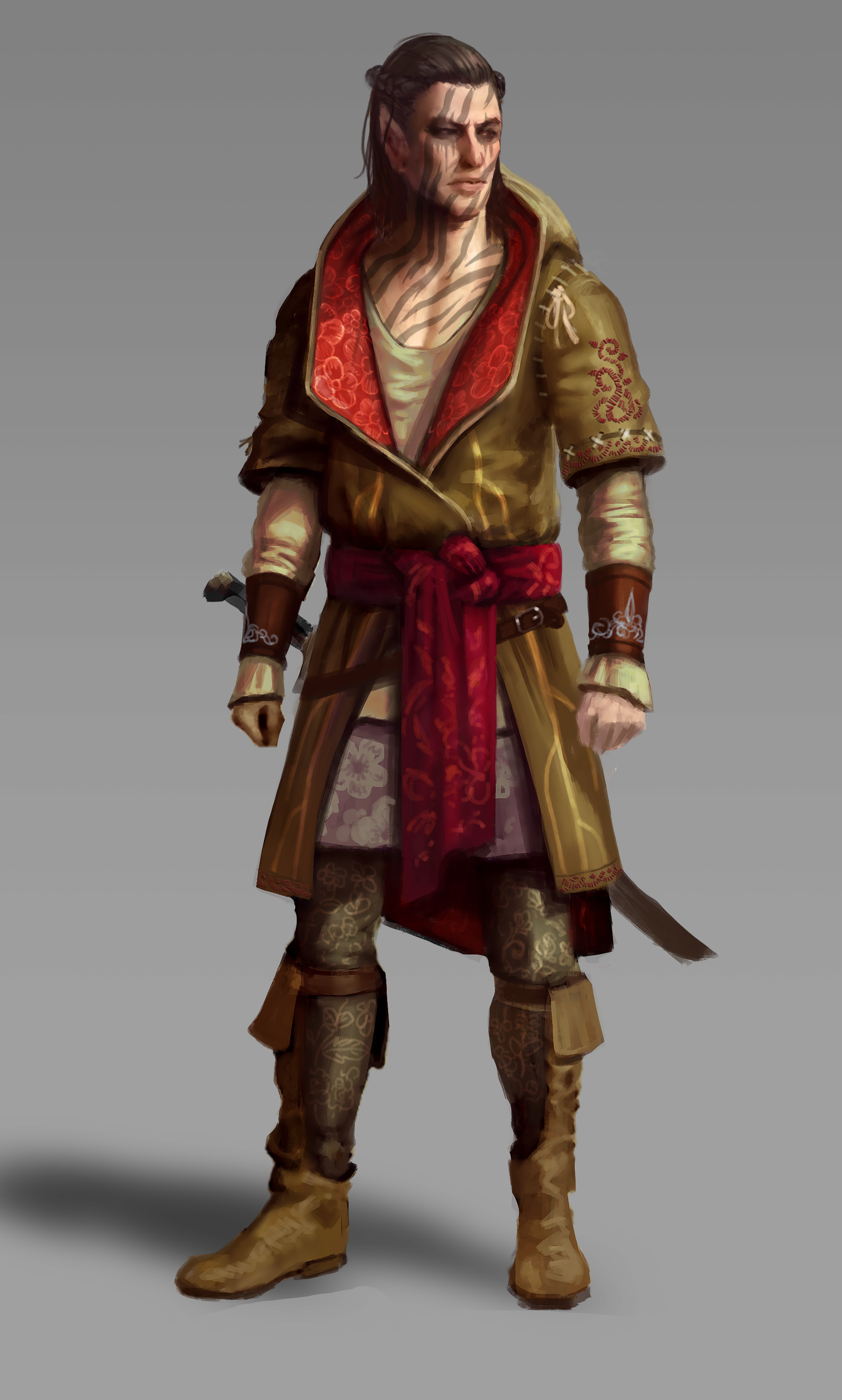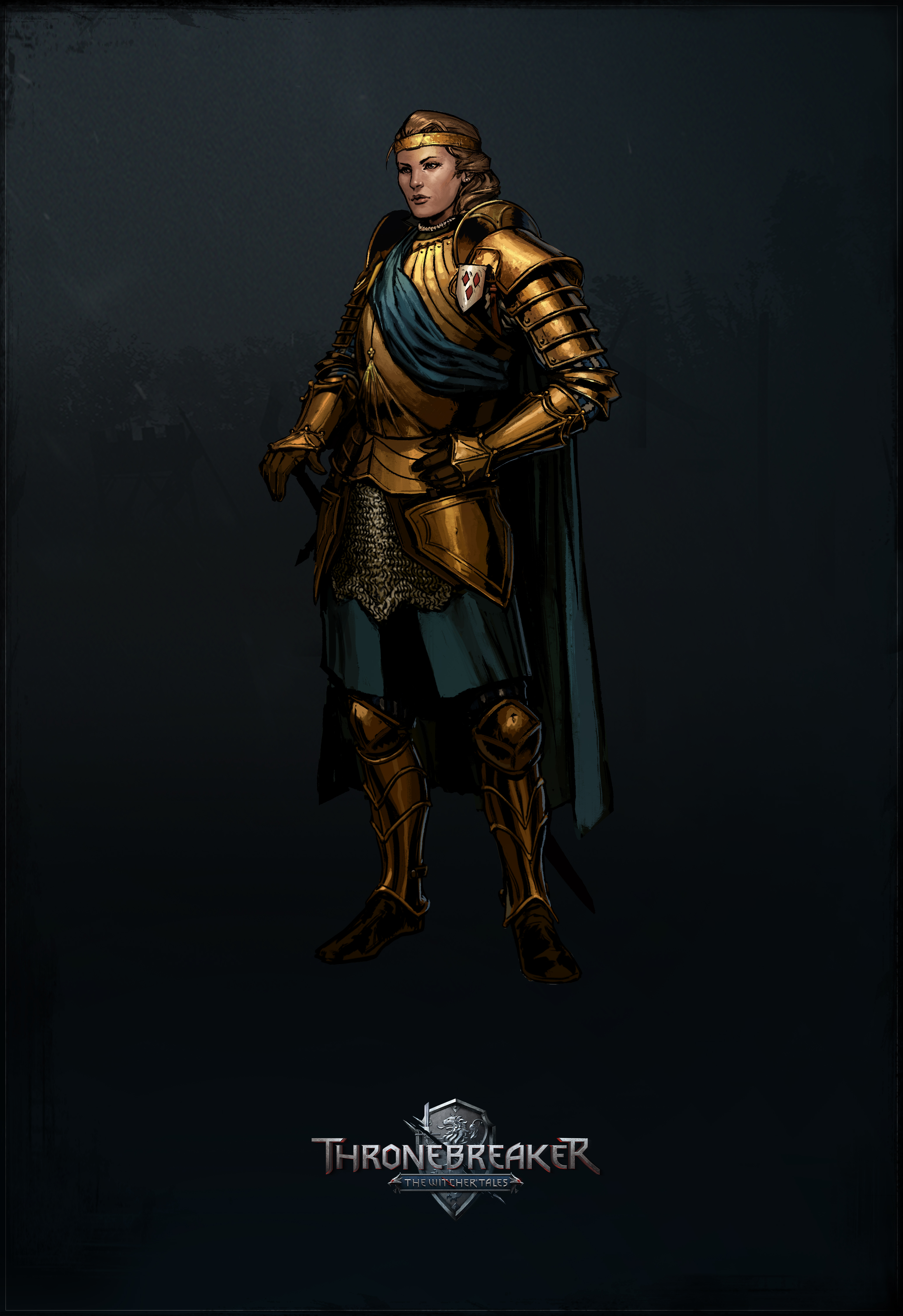Greetings!
For the curious travellers, and seekers of knowledge, I've here gathered a bit of lore behind various notable leaders. These are not the entries found in the Reward Book, but rather those which were posted on our Forums in the past. As such, this compilation covers only a selection of famed characters. For the time being, this is the scope of the collection; however, if there is interest, I may extend it later.
~Riven.
Click a leader's name to view the entry.
I. Ardal aep Dahy
II. Arnjolf the Patricide
III. Brouver Hoog
IV. Demavend
V. Eldain
VI. Meve
For the curious travellers, and seekers of knowledge, I've here gathered a bit of lore behind various notable leaders. These are not the entries found in the Reward Book, but rather those which were posted on our Forums in the past. As such, this compilation covers only a selection of famed characters. For the time being, this is the scope of the collection; however, if there is interest, I may extend it later.
~Riven.
Click a leader's name to view the entry.
I. Ardal aep Dahy
II. Arnjolf the Patricide
III. Brouver Hoog
IV. Demavend
V. Eldain
VI. Meve




